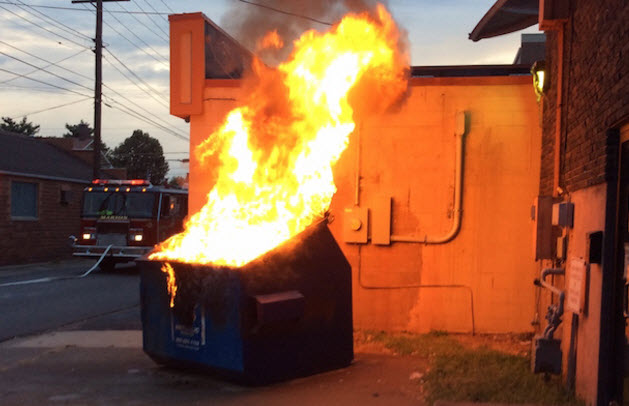That’s the question teachers and school administrators may be facing during this year’s round of TNReady testing.
The Daily Memphian reports that thanks to new “real-time” management of the online TNReady test, state officials may be able to see if the online system is becoming overloaded and give districts an option to switch to paper tests on test day. Here’s more on that management nightmare:
“We have in the last six weeks made some pretty significant adjustments and improvements with the vendor,” Schwinn said after visiting Georgian Hills Elementary Achievement School in Frayser. “We are able to measure that in much smaller increments. We can see things in 3-second and 5-second intervals as opposed to hour intervals.”
The real-time view of how the online testing is moving could allow teachers and school administrators to make rapid decisions about whether to stay with the online testing or switch students to pencil-and-paper tests instead.
I bet teachers are super excited about this new development. Kids are in the computer lab, ready to test, and then are sent back to the classroom for a pencil and paper test because the system is (predictably) overloaded. Clearly, this is a solution developed in close consultation with actual teachers who actually administer the actual tests every year.
Wait, no? You mean Schwinn and the holdovers from the Huffman-McQueen DOE are still doing things the same exact way they always have?
Shocking!
For more on education politics and policy in Tennessee, follow @TNEdReport
Your support makes reporting education news possible.






